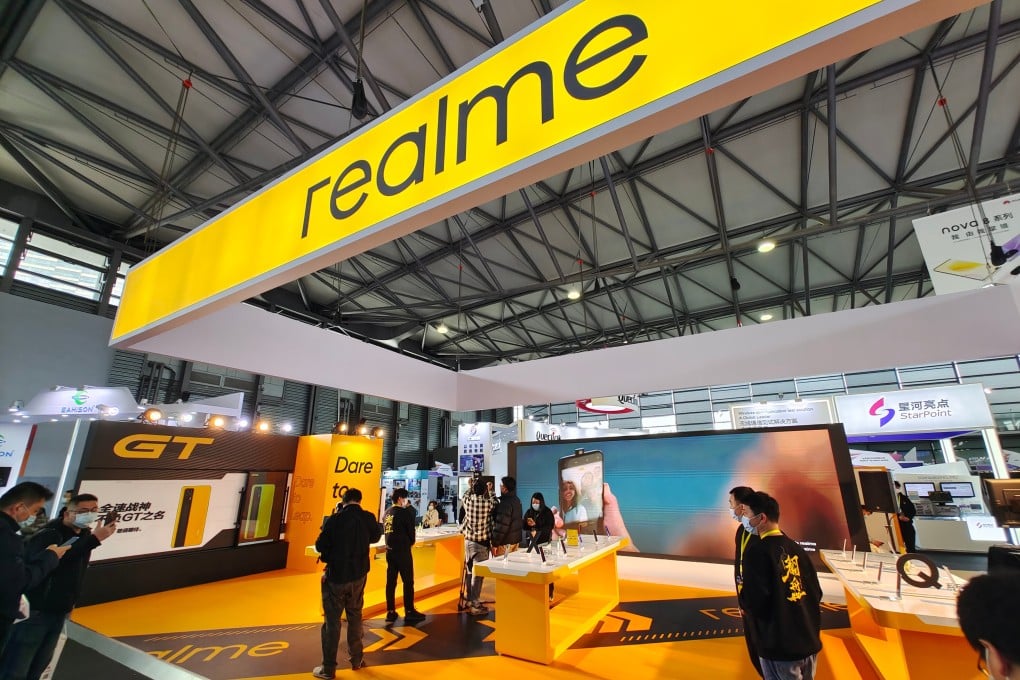Fast-growing Chinese smartphone maker Realme rethinks 2022 sales target amid market headwinds
- Realme, one of the most popular smartphone brands in India, is revising its global sales target for the year, said vice-president Madhav Sheth
- The company trimmed its domestic revenue growth target from 50 per cent to 30 per cent in March, while maintaining an overseas target of 50 per cent

Realme, a fast-growing smartphone maker from China, said it is adjusting its global sales target for the year, as a weakening global economy and changing market conditions weigh on the industry.
The company has to make the revisions based on “market scenarios”, Madhav Sheth, company vice-president and head of international business, said in an online press event on Wednesday, without elaborating on the exact growth target.
“The most important thing is that we’re still growing [in certain markets], not as fast as our expectations, for sure, but we will continue to grow,” he said.
In March, however, as China saw its worst Covid-19 outbreak since early 2020, Realme vice-president Xu Qi trimmed the firm’s revenue growth target in the domestic market to 30 per cent, while maintaining its overseas target at 50 per cent.
The smartphone industry is facing sluggish growth prospects as it battles a mix of global challenges, including macroeconomic headwinds, geopolitical tensions and supply chain disruptions exacerbated by the coronavirus pandemic.
India was one of the first countries that Realme sold to, and has since become one of the company’s biggest markets, where young consumers are drawn to the brand’s low-priced products.
